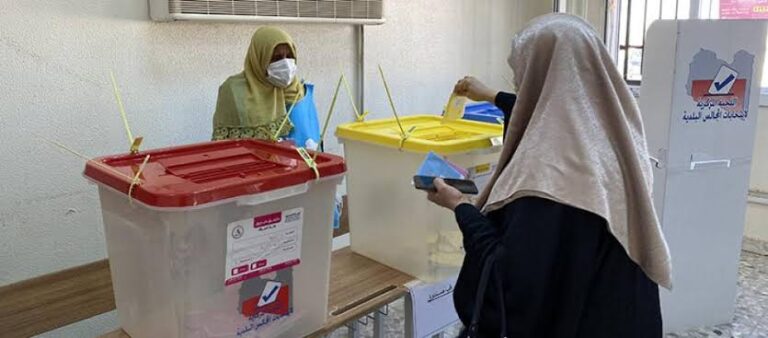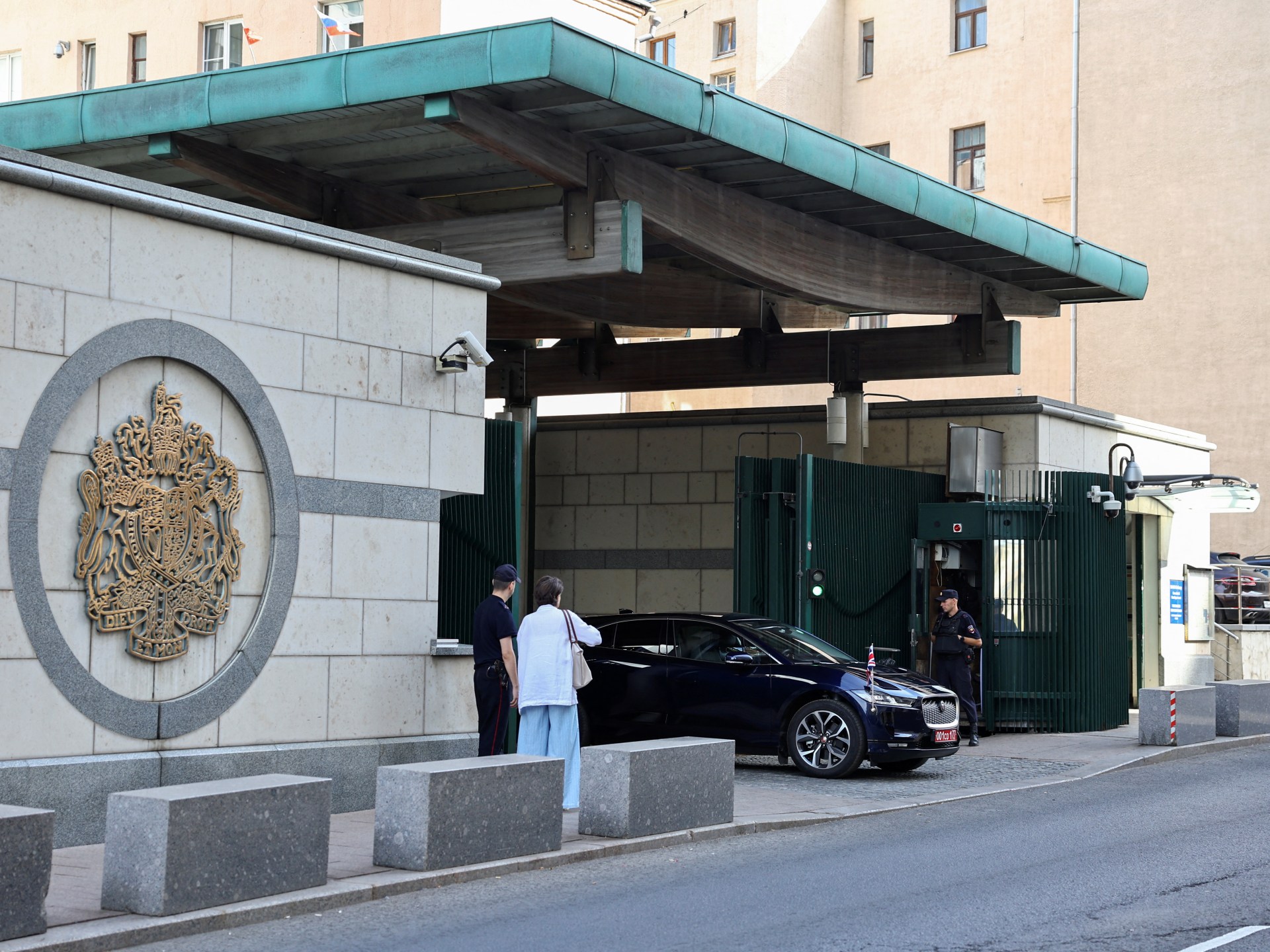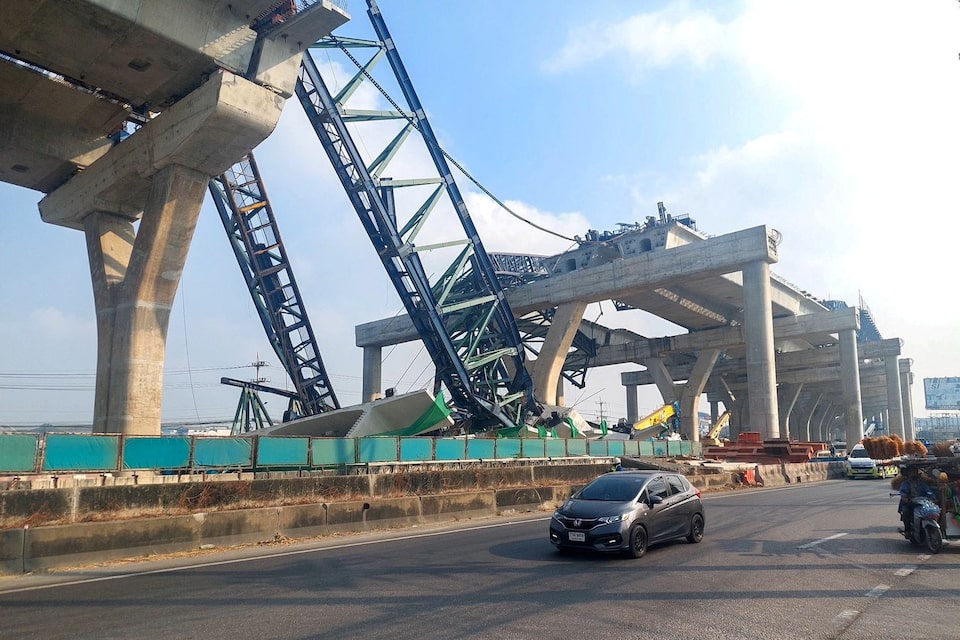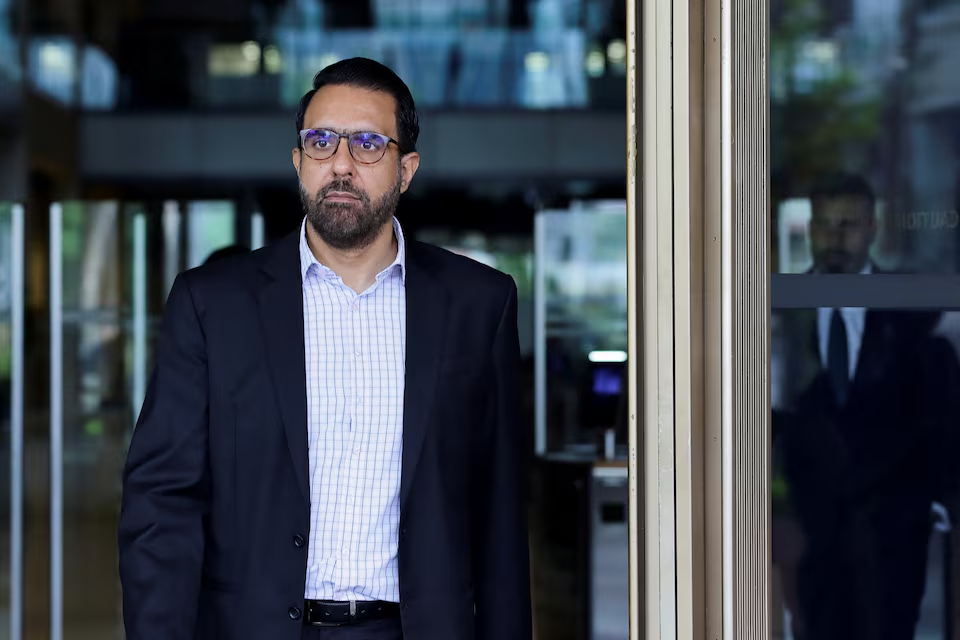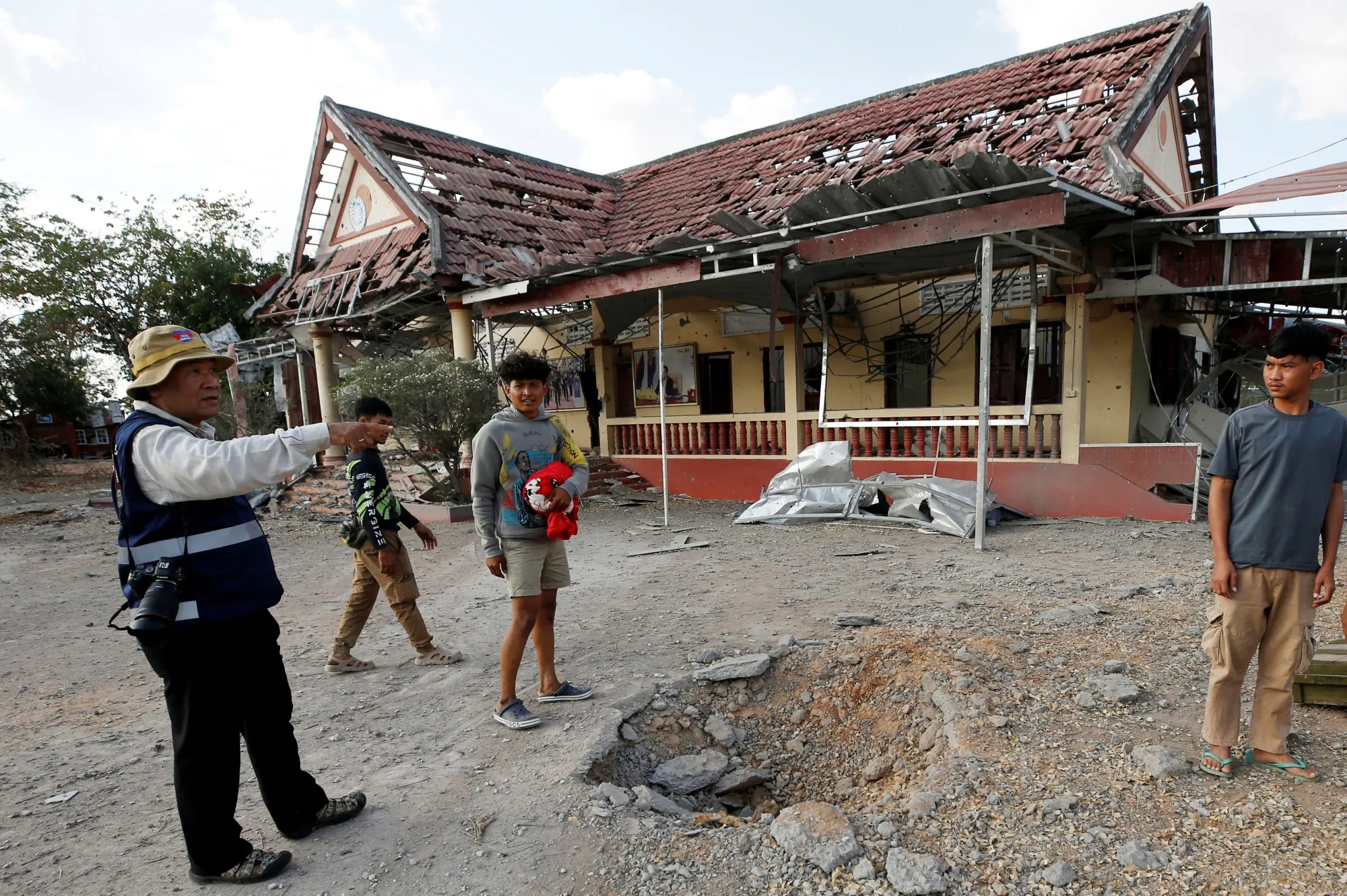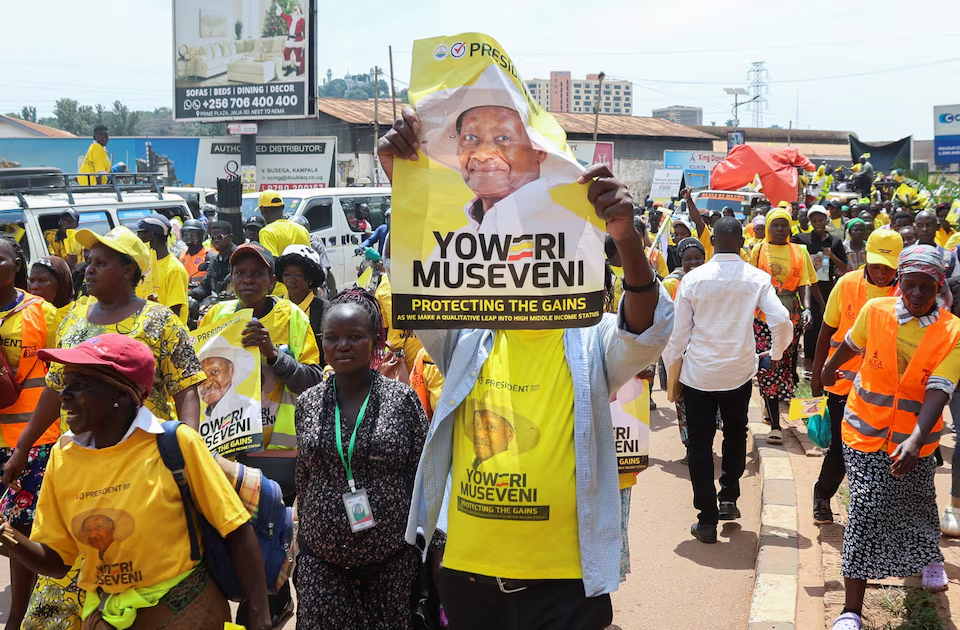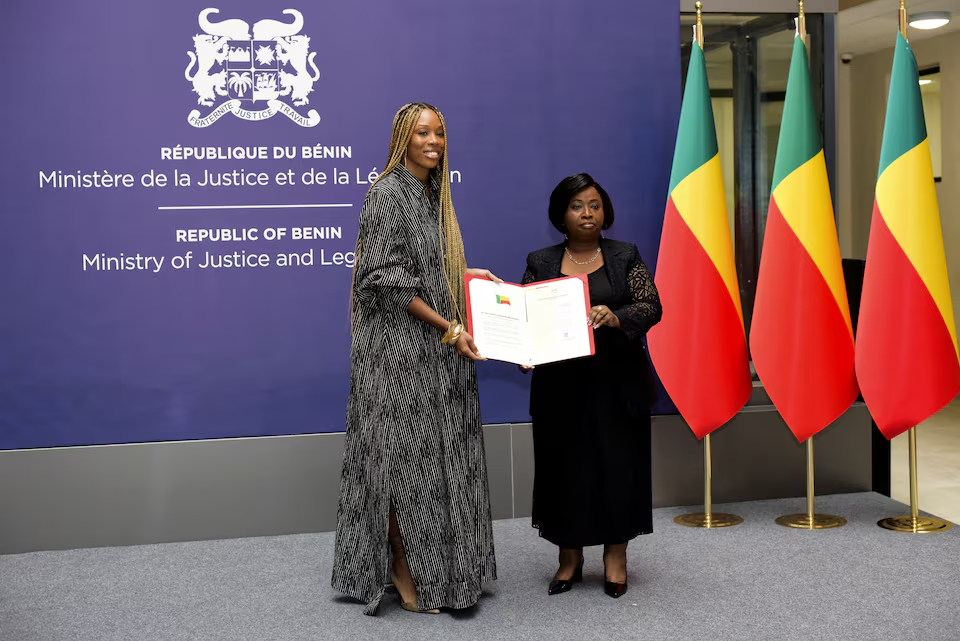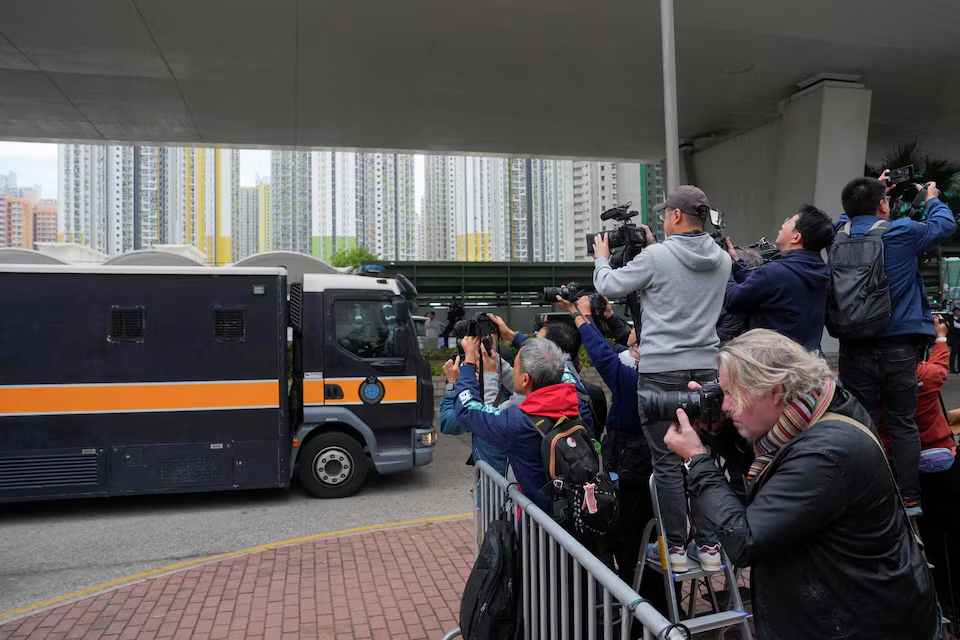Libya’s High National Elections Commission announced late Saturday that polls had closed in the second round of municipal council elections, with ballot counting already under way across 26 municipalities.
The vote, part of a broader effort to revive local governance, drew what officials described as unexpectedly strong participation, despite suspensions and attacks that underscored the fragility of Libya’s political landscape.
In its statement, the commission said every polling station in the participating municipalities had shut down “without any notable security violations,” and that the counting process had begun on site. Preliminary figures put voter turnout at 71 percent, with more than 161,000 Libyans casting their ballots.
Prime Minister Abdul Hamid Dbeibeh, who heads the Tripoli-based Government of National Unity, praised the exercise as a step toward decentralization and stronger local governance. Writing on Facebook, he lauded the Interior Ministry for ensuring security and citizens for what he called their “awareness and determination to exercise their democratic right.” Municipal councils, he added, would be treated as “key partners in achieving development and bringing governance closer to people’s daily lives.”
Read Also: The Silent Network: Putting The World In U.S. Hands
But the day was far from seamless. Elections in more than two-thirds of the municipalities initially slated to participate were suspended after what the commission described as “blatant attacks” on its offices, including in the western towns of Zawiya and Ajilat. Without naming those responsible, the body accused unnamed actors of pursuing a “larger agenda” aimed at denying Libyans the chance to shape their political future. In other municipalities, voting was halted by security orders, though no details or new dates were given.
Still, election officials struck an optimistic note. They pointed to high turnout in both the current phase and the previous one as evidence of “growing awareness among citizens” and urged voters to resist misinformation and intimidation. “Laws and regulations guarantee the freedom and secrecy of the vote,” the commission said.
The municipal elections are widely seen as a test of whether Libya can move beyond years of transition and conflict by strengthening governance at the local level. Yet the larger political picture remains unsettled.
The country is still divided between two rival administrations: Mr. Dbeibeh’s government in Tripoli, which controls the west, and a Benghazi-based authority led by Osama Hammad, appointed by parliament in early 2022, which holds sway over the east and much of the south.
For now, the ballot boxes in 26 municipalities offer at least a glimpse of what many Libyans say they want most: stability, representation, and a chance to be heard in decisions that affect their daily lives.

